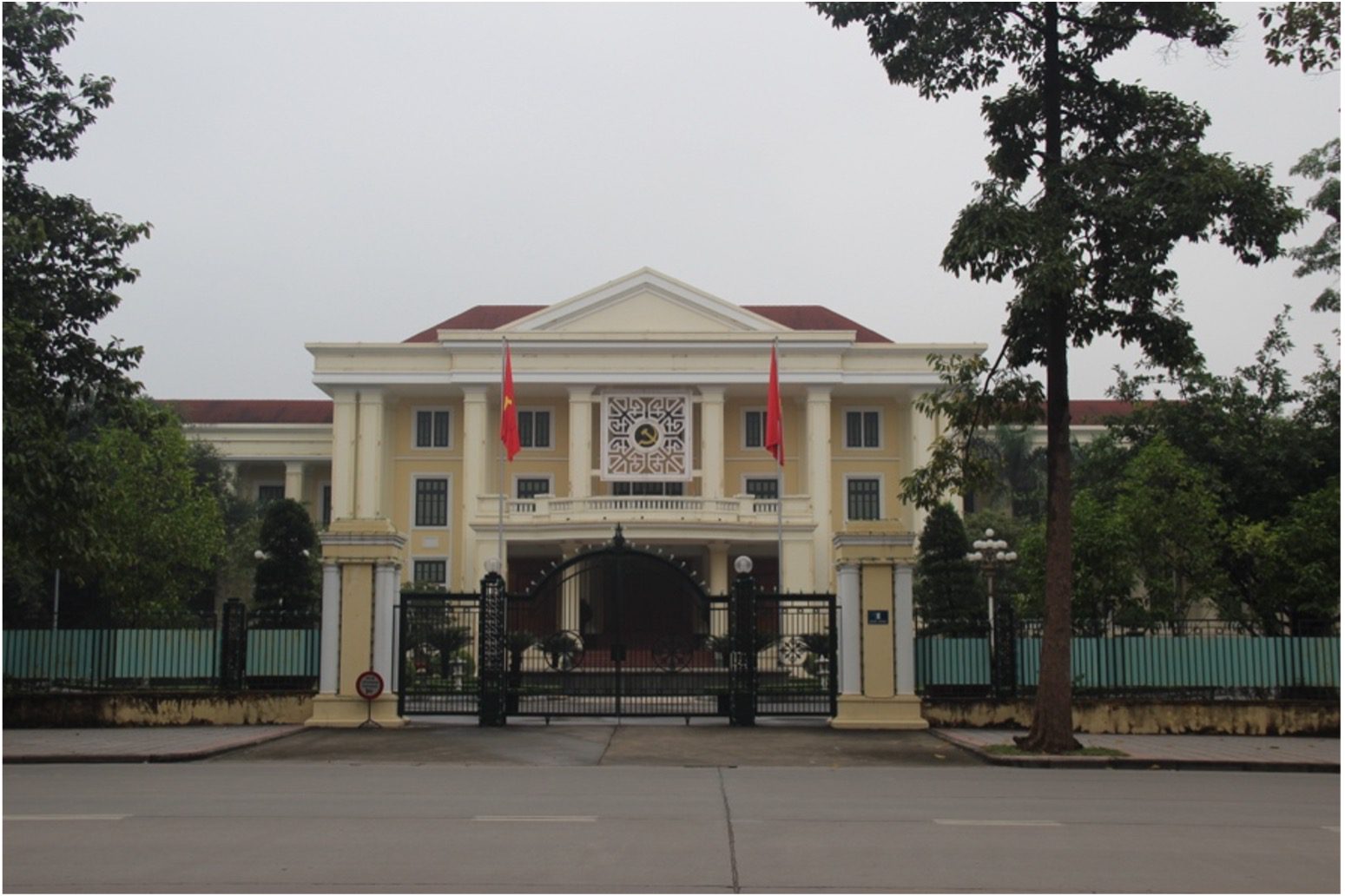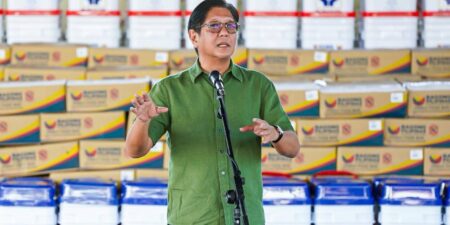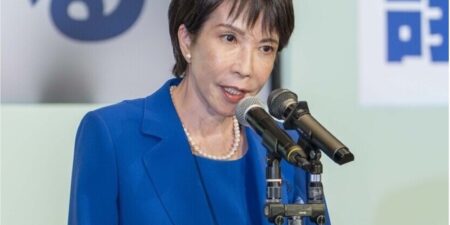
Vietnam Tariff Tracker | July 7, 2025

Insights & News


India Triples Renewable Energy Capacity, Powering a Clean Energy Revolution
The BGA India team, led by Managing Director Anuj Gupta, wrote an update to clients …

Philippines Confronts Corruption To Restore Economic Growth and Investor Confidence
The BGA Philippines team, led by Managing Director Victor Andres Manhit, wrote an update on …

Japan’s Sanae Takaichi Elected LDP President
The BGA Japan team, led by Managing Director Kiyoaki Aburaki, wrote an update to clients …
At BowerGroupAsia, we are committed to
delivering result-oriented solutions for our clients
We have proven track record of helping the world’s top companies seize opportunities and manage challenges across the dynamic Indo-Pacific region.




















